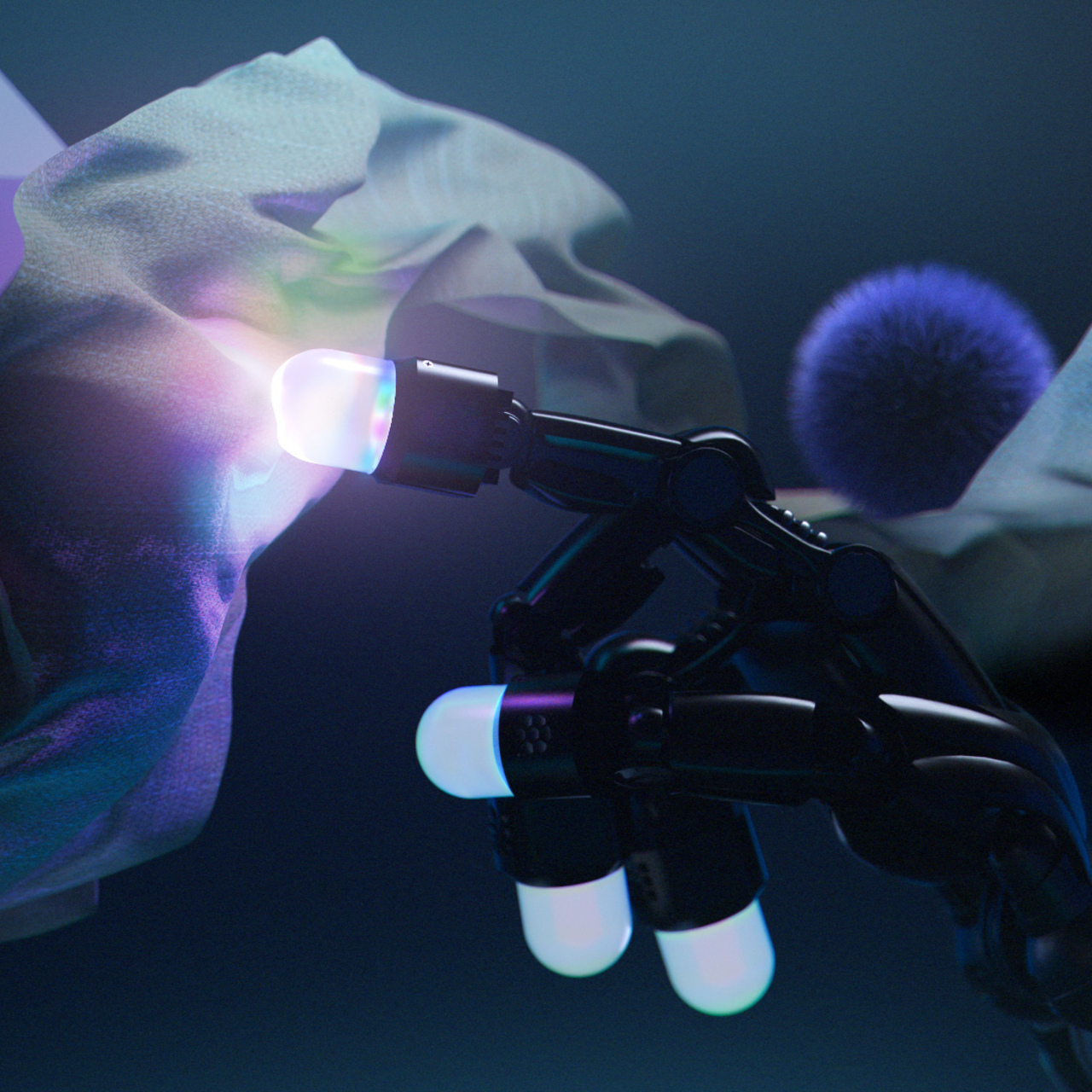The speed of development of artificial intelligence, its role in our lives and the growth of robotic technologies signal to us that we are getting closer to science fiction movies at every stage.
Meta received a ‘feeling’ response to the robotic developments that appeared as the technologies of the future at the “We, Robot” event of Tesla, owned by Elon Musk, in the past weeks.
Meta, owned by Mark Zuckerberg, which is the umbrella company of Facebook and Instagram, is seen as one of Elon Musk’s biggest rivals, and with which it was involved in cage fighting discussions for a while, announced its new research findings in line with the goals of robotics and advanced machine intelligence (AMI). It was emphasized that these innovations aim to enable robots to have more human-like touch and dexterity abilities in the physical world.
CRITICAL TO PERFORM DAILY TASKS
Understanding and interacting with the physical world, a crucial ability to perform daily tasks, comes naturally to humans but is an evolution for today’s AI systems.
“The Fundamental Artificial Intelligence Research (FAIR) team is working to advance the creation of embodied AI agents with the robotics community that can sense and interact with their environments and safely coexist with humans, providing assistance in both the physical and virtual realms,” Meta said in a statement. “We believe this is a critical step on the path to advanced machine intelligence. We are now publicly publishing several new research works that improve touch perception, robot dexterity, and human-robot interaction.”
Here are the new artificial intelligence solutions offered by Meta…
STRATEGIC PARTNERSHIPS AND FUTURE PLANS
Meta announced strategic partnerships with GelSight Inc and Wonik Robotics to develop and commercialize touch perception innovations. It was announced that GelSight Inc will produce Digit 360 and put it on sale next year. Members of the research community can gain early access by applying to the call for proposals for Digit 360. The partnership with Wonik Robotics aims to create a new advanced dexterous robotic hand with touch sensing, leveraging Meta Digit Plexus. Wonik Robotics will produce the next generation of the Allegro Hand and it is planned to be released next year.
HUMAN-ROBOT COOPERATION
Meta also introduced PARTNR Benchmark, a new standard framework for assessing planning and reasoning in human-robot collaboration. PARTNR was designed to evaluate how established models, such as LLM-based planners, cooperate with constraints in the physical world (such as time and space). This rulemaker aims to foster advances in human-robot interaction and collaborative intelligence, transforming AI models from “agents” to “partners.”
These innovations by Meta on touch perception, robot dexterity, and human-robot interaction are seen as important steps to enable robots to have more human-like abilities in the physical world. These tools and partnerships represent advances in the field of robotics and the integration of AI technology into the physical world.

